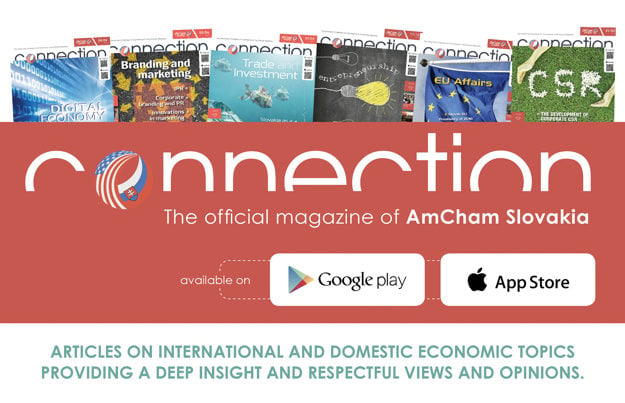At the turn of the years, one tends to evaluate the milestones of the past and set new goals for the upcoming year. Good luck is often emphasized while wishing the ones around us health, happiness, success and fortune. Education does not seem to be a common wish. Are the access to information, tools to gain knowledge, and ability to navigate facts not the most fundamental assets one should have?
Successful business people often say that they were in the right place at the right time. In other words, they claim to have had good luck at some point in their lives. They do not rely on it though. They calculate the risks very carefully, diversify their portfolios and invest heavily into education and human force (their own or of the ones around them). An educated, critically thinking person is capable of creating value utilizing his talents and skills, generating resources, providing for himself and his community, and has a very high probability of being healthy. Education is a solution for many of the world’s underlying issues.
Some of the best educational practices within the educational system are being carried out by non-profit organizations and NGOs. In an ideal world, non-profits and NGOs would not exist. In a perfect country, the services these organizations perform would be incorporated into the formal system of state education and paid for by the public. Logically, every year, the state system should take over more of the best practices taught by the NGOs, implement and scale them. And yet, Junior Achievement Slovakia is one of the most successful educational non-profit organizations in Slovakia, systematically and steadily educating over 20 000 elementary and secondary school students and teachers a year all across the country for 27 years and thriving.
The rate of return on investment in education of children and young people up to the age of 18 is significantly higher than the education of adults. Teaching, requalifying and developing adults is trying to solve the symptoms rather than addressing the very source. Working with adults is definitely important and professional development should not be underestimated. However, the benefits of early education are indisputably more efficient.
The schools are not going to do this themselves. Neither is the government. The underpaid, overworked and burnt out teachers are trying their best and achieving miracles, taking into consideration the environment they work in. I talked to the principal of one of the best secondary schools in Slovakia last month and was not surprised to find out that all of the students of their 2018 graduation class have left the country. The rate of students leaving Slovakia to study at a university abroad is 17%, compared to the 2% average of the OECD countries.
The private business sector has taken the responsibility for improving the state of the education in Slovakia years ago and continues to do so. Organizations educating systematically, responsibly, with a significant reach and impact, continue not only to exist but to flourish and develop due to the support of the business sector. Teaching entrepreneurial skills, economic thinking and financial literacy, we are proud to declare that the cost of educating one student at a school in Slovakia for an academic year was less than 17 euro.
If your company can spare 500 euro a year, that is 41.60 euro a month, it could provide a ten-month long quality education (once or twice a week) of entrepreneurship, economic thinking or financial literacy for 30 students a year. That might be the abovementioned graduation class of one of the best schools in Slovakia. You have the ability and tools in your hands to directly influence young people. Talking to students at Slovak universities is not enough, as it is too late. The best ones have already left the country. They are in the process of finalizing their decision at the age of 16, forming their opinions throughout the elementary and secondary schools.
“Think. Have a goal.” This was one of the favorite mottos of Mr. Tomáš Baťa, whose grandson Tomáš Jan Baťa founded Junior Achievement in Slovakia and the Czech Republic. It is today more than ever absolutely essential to motivate young people to think. They need to be challenged, offered the opportunities and inspired to explore their potentials to the fullest extent. Slovakia is experiencing a very serious emergency of brain drain and educational crisis. We cannot wait until tomorrow or the next elections. We have a very clear goal: to educate the children of Slovakia effectively, give them useful skills for their lives, develop their talents and teach them how to be successful and happy people. And we need your help to do that. I invite you to join an educational initiative in your region, pick a non-profit organization and support them financially, with in-kinds and human resources. You will contribute to making Slovakia a place we will all want to live in.
Now you think about that.
Eva Vargová is CEO of Junior Achievement Slovakia (JA Slovakia)
Originally published in Connection, the magazine published by AmCham Slovakia
Author: Eva Vargová







